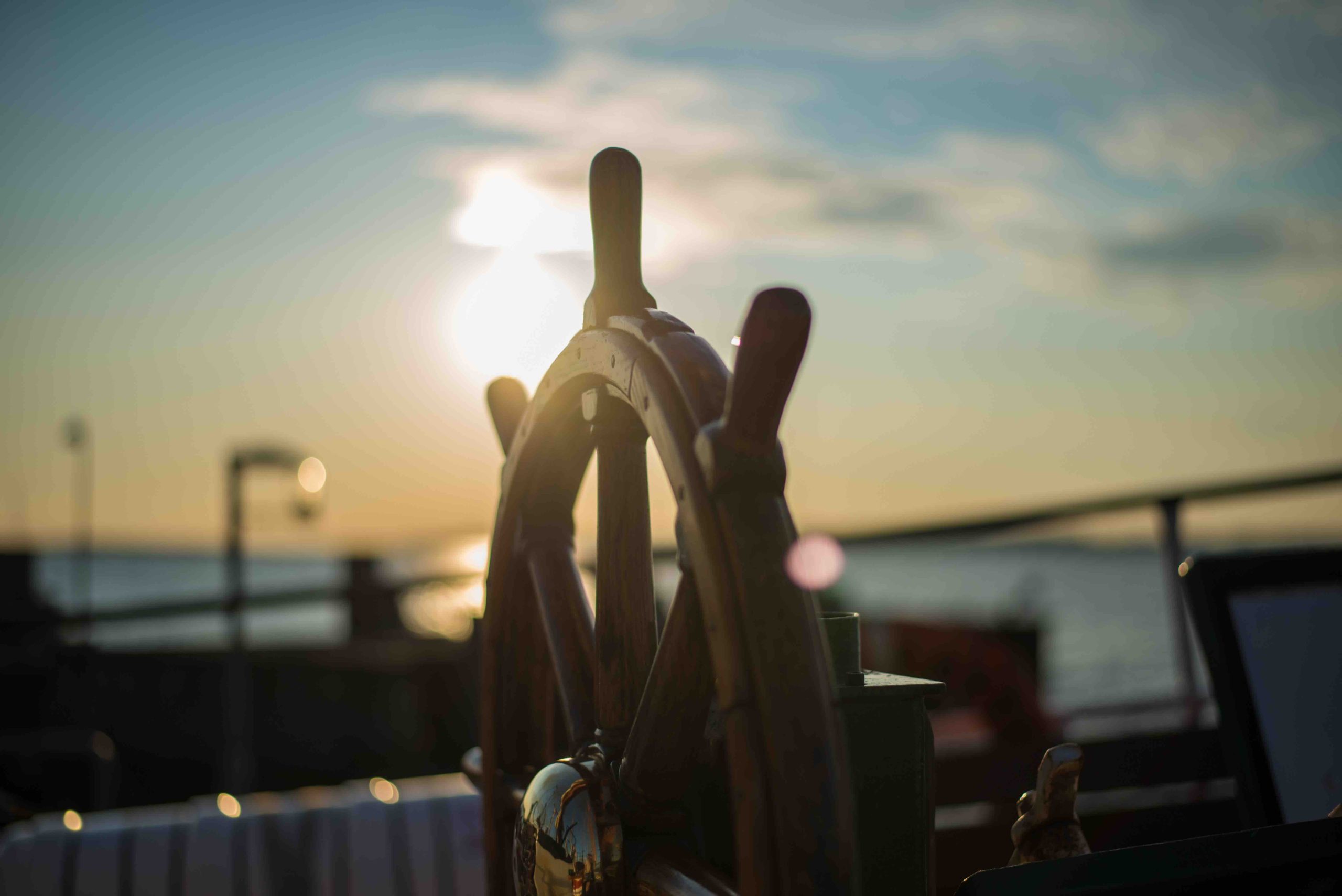
When you think about the maritime industry, you likely think about fishing, cruise ship workers, or oil rigs, but there is one area of the industry that is equally as important and does not get much attention. That is the job of the maritime security worker.
This is an increasingly popular area of the industry and there are multiple positions available including cyber security, armed security guards, and unarmed security guards, just to name a few. These workers may work on the docks, onboard a vessel, or in a variety of locations to provide training and regulation. They are also often contracted employees who work for a security company.
The Role of a Maritime Security Guard
Security guards are given the role of protecting the crew members that are onboard vessels and those who work at ports and docks. They may also work onboard private yachts or cruise ships. These maritime security guards are often deployed in areas that have a high risk of robbery or piracy of vessels.
These areas may include the Gulf of Guinea, Indian Ocean, Gulf of Aden, Arabian Sea, and East Africa. These are areas where water transportation and shipping are very popular and necessary for global trade but are also prone to criminals seeking to rob the ships.
Risks to Maritime Security Guards
Clearly any type of security job has risks, and maritime security guards are no exception. They may face a variety of risks including physical violence, confined work spaces, working with unfamiliar machinery and equipment, sexual assault, slippery surfaces and decks, hazardous weather conditions, and more.
Other accidents that maritime security guards may face include falling overboard while working on a dangerous vessel, repetitive use injuries that can cause damage to ligaments and tissues, cargo injuries, and even injuries due to inadequate training. These conditions can result in serious injuries, and in the most severe cases, even death.
Protection and Safety for Maritime Security Guards
If you are a maritime security guard, you need to be trained how to protect yourself. Here are a few tips for protecting yourself and your crew:
- Be aware of where you will be traveling and familiarize yourself with regional threats you may come across.
- Know what the standards of piracy are for where you will be traveling. Some areas prefer knives and others guns. Know what you should expect.
- Be sure that your travel plans are registered. Record the ships identification system and leave that with your supervisor on shore.
- When traveling in a dangerous area, be sure there are enough lookouts on board. Rotate guards to avoid fatigue and be in constant communication with each other.
- Understand that pirates will likely try to take over the bridge because they want control. Consider having several layers of access to the bridge. As a security guard, your primary goal will be to protect the bridge.
Are You an Injured Maritime Security Guard?
If you have been working as a maritime security guard and suffered injuries on the job, you need to explore your legal options and rights. The attorneys at Kolodny Law Firm specialize in maritime law and can advise you of your options.
Maritime workers do not qualify for workers’ compensation the way other industries do. Instead they are protected by the Jones Act. So, let us explain how you can be compensated for your injuries. Contact us today to schedule a consultation.

